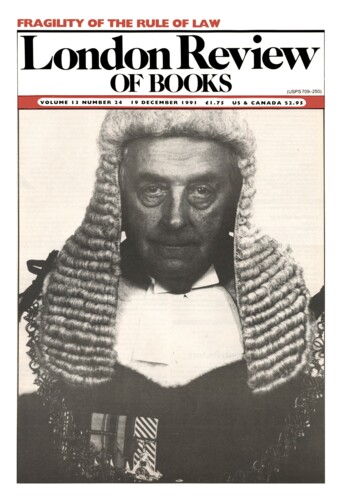Deconstructing Europe
J.G.A. Pocock, 19 December 1991
History is about process and movement: yet up to now, it has taken as given the perspectives furnished by relatively stable geographical communities, of whose pasts, and the processes leading to their presents, history is supposed to consist. All that may be changing, with the advent of the global village, in which no one’s home is one’s own; with the advent, too, of a universally-imposed alienation, in which one’s identity is presupposed either as some other’s aggression against one, or as one’s own aggression against someone else, and in either case scheduled for deconstruction. Yet the owl of Minerva may continue to fly, as long as there is an ark left to fly from; and the historian, who must today move between points in time, must recollect voyages and may still recollect voyages between known points with known pasts, recalling how the pasts changed as the presents shifted.

